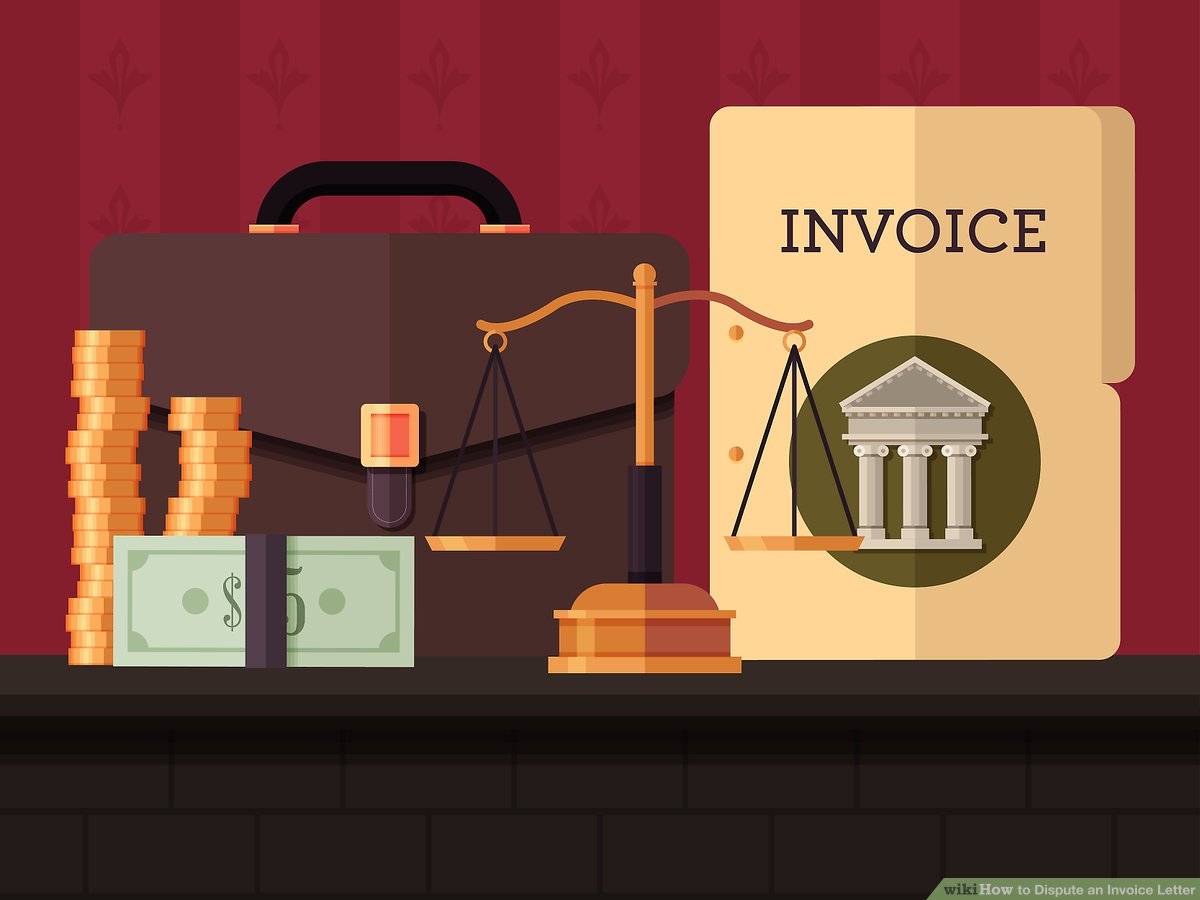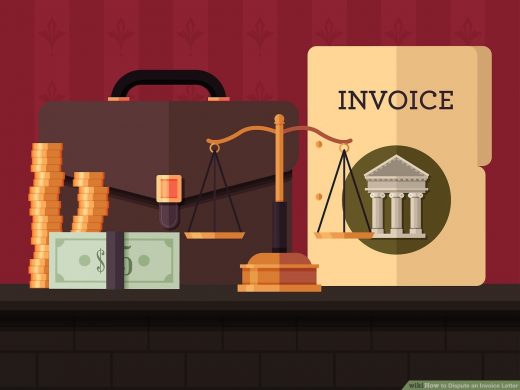How to Handle Invoice Disputes With Contractors
— July 12, 2019

Often clients are the ones questioning an invoice and initiating invoice disputes, but the scenario can also play out in reverse. Contractors may have questions or comments on what they can and can’t include on the invoice before they send it. Recently, I worked with a contractor who asked to bill me for a bit more than we agreed upon after completing work. Here’s how I’m handling it:
Point to the Original Terms
Before working together, there should be some sort of payment agreement to cut down on invoice disputes. You and the contractor should have a clear understanding of what you’re going to pay them per hour or project. Reference that agreement in the follow up with the contractor. Explain your budget and reiterate the terms that you agreed on at the beginning of the relationship.
Ask Questions
Ask questions to find out where the miscommunication was. Discuss why they think they should be billing for more or less money and consider changing contract terms to make them happy if you value working with the contractor.
Some clients may be overzealous with their ask, but others may have valid reasons for asking for more money. Maybe you asked them to do more tasks than you originally stated. Maybe scope creep happened, and the project they worked on took much more time than expected. Things happen—try to understand where the contractor is coming from.
Having been in the contractor’s position before, I can sympathize with someone who does extra work at the client’s request because they want to do a good job. Service-based business owners are in business to please their clients. If they politely ask for more money afterward, it may be worth considering.
Come to an Agreement
If you enjoy working with a specific contractor, you’ll, ideally, come to an agreement that benefits both of you. Perhaps you can meet them in the middle. If you think their ask is reasonable, you may accept their request to increase the invoice to their price outright. This is something you’ll have to consider on a case-by-case basis. For me, the price I originally stated was the budget, so I didn’t have much leeway with the contractor.
Adjust Your Terms if Necessary
After resolving the issue, you may want to go back to the original agreement to make sure it’s clear. Do your terms properly outline the scope of the work? Do your terms clearly state the work or amount of hours that contractor should be doing? Should they be paid more for the time they’re putting in? If there’s any ambiguity in your terms, update them so the contractor knows exactly what work to do and how much they’ll be paid the next time around.
Final Word
Expect the unexpected when working with contractors unless you have an ironclad contract and terms. If a contractor asks for more money on a project, understand their reasoning before brushing them off. A positive conversation could maintain relationships with good contractors. Plus it keeps you aware of what to offer your contractors to stay competitive.
Business & Finance Articles on Business 2 Community
(52)


